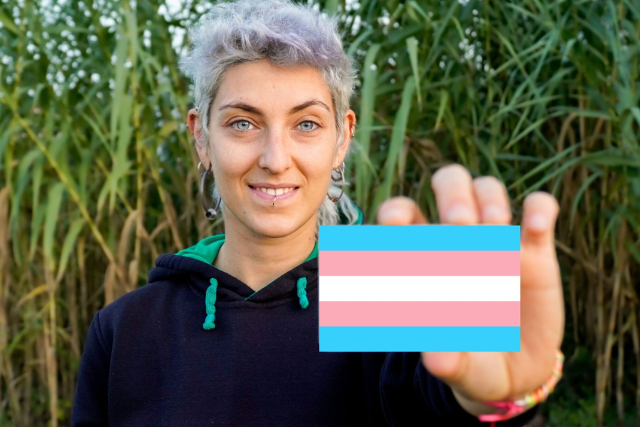Breaking the Binary: Non-Binary Identities and Expressions
Breaking the Binary: Non-Binary Identities and Expressions
The gender binary, the classification of gender into two distinct, opposite forms of masculine and feminine, doesn't capture the full spectrum of human experience. For many, this binary feels restrictive, not aligning with their true self. This is where non-binary identities come in, offering a more fluid understanding of gender that transcends traditional boundaries. This article explores the vast world of non-binary identities and expressions, highlighting the diversity and resilience of those who live beyond the binary.
What Does It Mean to Be Non-Binary?
Non-binary is an umbrella term encompassing a variety of gender identities that don't fit strictly within the male or female categories. These identities can include agender (without gender), bigender (identifying as two genders), genderfluid (experiencing different gender identities at different times), and more. Being non-binary is about embracing the fullness of one's gender experience, whatever that may look like.
Challenges Faced by Non-Binary Individuals
Non-binary individuals often face societal, legal, and personal challenges. Societally, there's a lack of understanding and acceptance, leading to misgendering and discrimination. Legally, many countries and states do not recognize non-binary genders, complicating everything from ID documentation to healthcare access. Personally, non-binary people might struggle with finding language that fully encapsulates their experience, not to mention the internal journey of self-acceptance and affirmation.
Expressing Non-Binary Identities
Gender expression is deeply personal and varies widely among non-binary individuals. Some may choose to express themselves through clothing, hairstyle, pronouns, or names that feel most authentic to them, regardless of societal norms. Others might not feel the need to change their appearance at all. The key is that expression should be about the individual's comfort and authenticity, not about fitting into pre-defined categories.
Supporting Non-Binary People
Supporting non-binary friends, family, and colleagues involves educating oneself about non-binary identities, using correct pronouns and names, and advocating for their rights and recognition in all spaces. It's also about listening to and amplifying non-binary voices, ensuring they're heard and respected in discussions about gender diversity.
Resources for Non-Binary Individuals
For those exploring or identifying with non-binary identities, there are numerous resources available. Organizations like the National Center for Transgender Equality (NCTE) and Global Action for Trans Equality (GATE) offer guides, legal assistance, and advocacy. Online communities and forums provide spaces for sharing experiences and advice, helping individuals feel less isolated in their journey.

